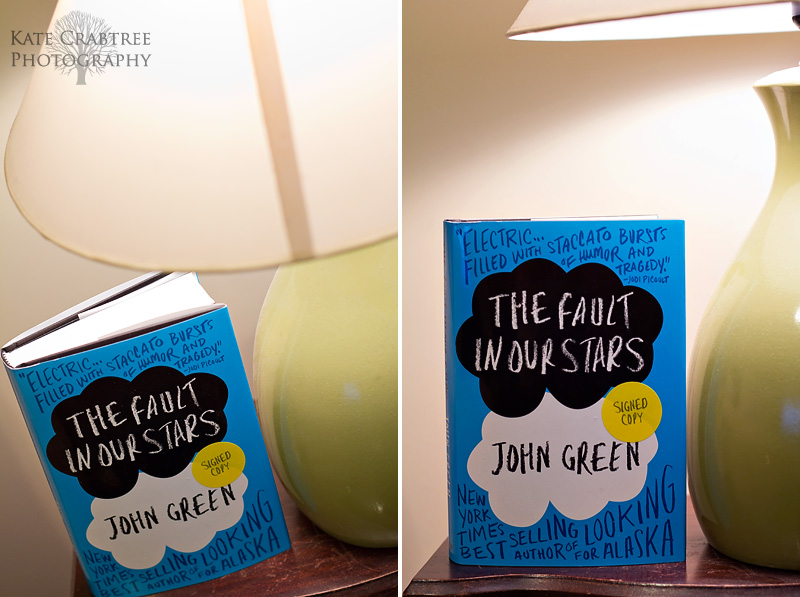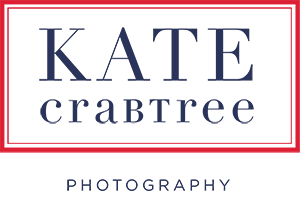Wordie Wednesdays | The Fault In Our Stars, by John Green

If it wasn’t clear already, I’m a YA lit nerd. Many young adult authors (and the people who love them!) argue that the genre is better written than popular adult literature; after all, most teens won’t tolerate a boring or poorly written novel, even if it is top on the New York Times Best Seller List. It just doesn’t happen. It’s not that I don’t read other literature; I pick up classics from time to time, and plan on finally reading The Girl With the Dragon Tattoo soon, but when I have the choice I choose a good YA novel. It’s just the way to go.
John Green, one of the most popular YA authors, recently published his latest novel to great anticipation: The Fault in Our Stars. By promising his fans that he would sign every preorder, he managed to vault to the #1 spot on the New York Times Best Seller List in his first week. This guy is beloved, folks, and even has a passionate fandom.
So here’s the jist of The Fault In Our Stars— Hazel has terminal cancer, but she’s currently on a drug that will prolong her life for an indeterminate amount of time. She’s moblie and has a decent quality of life. During a cancer kid support group (run by a guy who claims they are LITERALLY in Jesus’ heart, something which slays her) she meets Augustus, an intelligent, incredibly witty boy who has beaten his cancer (which took one of his legs). And despite the fact that he is missing a leg, he’s the sort of boy who you want to fall in love with you. And as they develop a relationship, their lives change considerably.
Yes, I know– this sounds like a Cancer novel. The type that is tragic and oh so sad and forces you into crying about a character that isn’t fleshed out particularly well, so all you feel is a sort of empty pity. But I promise you– this is different. Hazel is an intelligent narrator who fluently uses such terms as hamarita (“tragic flaw”) and recites the first quarter of “The Love Song of J. Alfred Prufrock” from memory (my favorite poem which I also have memorized, incidentally– perhaps one of the reasons why this novel appeals to me so much). Augustus is the same, although his literary tastes are more ridiculous; Hazel notes that the protagonist of his favorite novel, The Prince of Dawn, “was vaguely likeable despite killing, by my count, no fewer than 118 individuals in 284 pages” (38). She’s being a bit wry there; she thinks it’s hilarious. She’s my kind of gal– academic, thoughtful, but also has a wicked sense of humor.
I can’t share much more or I’ll ruin the delightful twists and turns, but if you’ve been looking for an intelligent novel with characters who philosophize as if they’re upper level undergraduates, this novel is for you.
